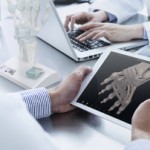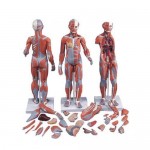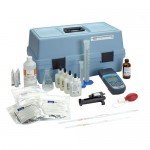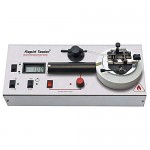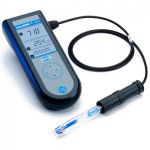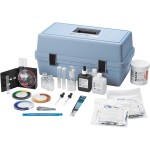
A medical laboratory usually referred to as a clinical laboratory, is a facility that conducts tests on clinical specimens to acquire information about a patient's health in order to help in the diagnosis, treatment, and prevention of disease. Medical laboratories come in all shapes and sizes, and they provide a wide range of diagnostic services.
The primary goal of EMS is to give rapid medical care to those who are most in need; otherwise, heart attacks and accidents would result in many more casualties. The EMS exists solely to improve our collective quality of life.
The laboratory is simultaneously the most, and the least used resource of the healthcare system.
The reason for the first is because mostly all other medical disciplines use a laboratory as their factory or a mine, and the reason for the other is that laboratory staff has insufficient clinical knowledge.
Healthcare strives towards a more modern, efficient, patient-centric healthcare system.
Even though laboratory medicine is a part of that healthcare, it is neglected and less acknowledged than other medical disciplines.
Many changes in the healthcare environment will have a significant impact on laboratory trends.
The patient is becoming more and more the center of the healthcare system.
- Improve information accessibility to the patient,
- Speed-up bringing in new diagnostic EVIDENCE-BASED technologies,
- Redesign diagnostic paths towards an easier integrated service.
Emergency Medical Services: 5 Essential Traits for Success
- Assessment Skills. Arriving on the scene and determining what exactly has happened is essential. ...
- Teamwork and Cooperation. Emergency Medical Services do not work alone. ...
- Knowledge and Competence. ...
- Physical Fitness. ...
- Emotional Intelligence and Resilience
There are no application posts to list.

